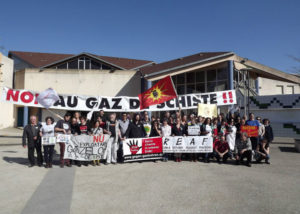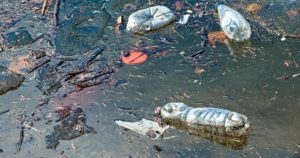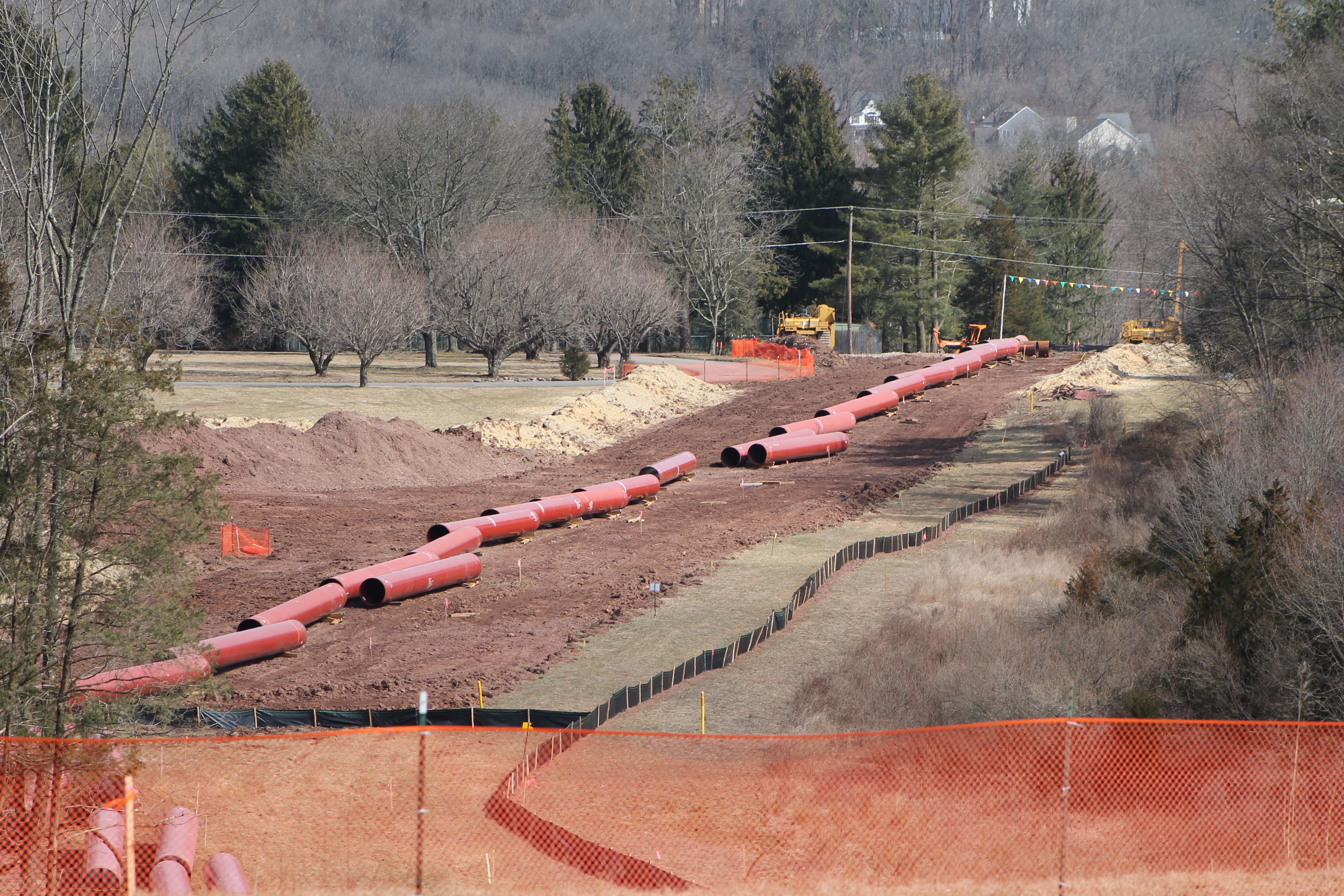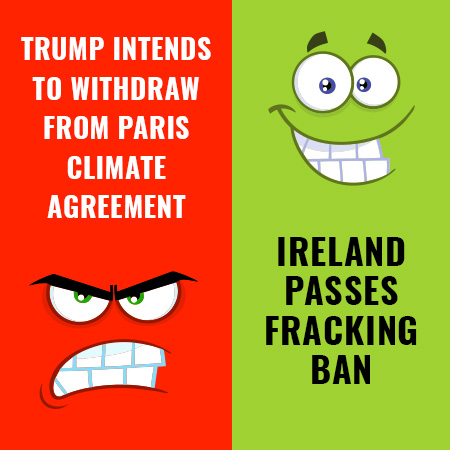By Tina Callebaut
 During my last days as an intern here at Food & Water Europe I would like to take you on a tour of the many different victories against fracking in Europe. As drilling has started in Lancashire despite opposition from local communities, it is now more important than ever to stand together in solidarity to not only halt but prevent fracking projects everywhere by banning the technique and promoting the development of clean renewable energy. Here is a run down of the current state of fracking in Europe.
During my last days as an intern here at Food & Water Europe I would like to take you on a tour of the many different victories against fracking in Europe. As drilling has started in Lancashire despite opposition from local communities, it is now more important than ever to stand together in solidarity to not only halt but prevent fracking projects everywhere by banning the technique and promoting the development of clean renewable energy. Here is a run down of the current state of fracking in Europe.
France
Let’s kick off our tour with a visit to France, where in March 2010, two exploration permits were granted for shale gas. The licenses covered in total an area of around 9.672 km². Massive protests followed, which led the Prime Minister at the time, François Fillon, to declare a moratorium on the exploration of shale gas in 2011, which prohibits the exploration and exploitation of liquid or gaseous hydrocarbons through hydrofracturing and cancels the exploration permits for projects where hydraulic fracturing would be used. France’s Constitutional Court confirmed the constitutionality of the ban and the revocation of the permits in October 2013.
Sounds great, right? Unfortunately, the law only prohibits the use of hydraulic fracturing, but does not impose a ban on the exploration or exploitation of gas through other techniques. As the technique is not clearly defined by the law, small changes and new innovations might already have the ability to circumvent this ban. However, in June 2017, the French minister of environmental transition announced that there would no longer be any permits granted for the exploration or extraction of hydrocarbons in France. Nice one, France!




 Across the globe,
Across the globe, 

 On 24 and 25 May, U.S. president Donald Trump will travel to Brussels to take part in the NATO summit. We’ll be at a
On 24 and 25 May, U.S. president Donald Trump will travel to Brussels to take part in the NATO summit. We’ll be at a